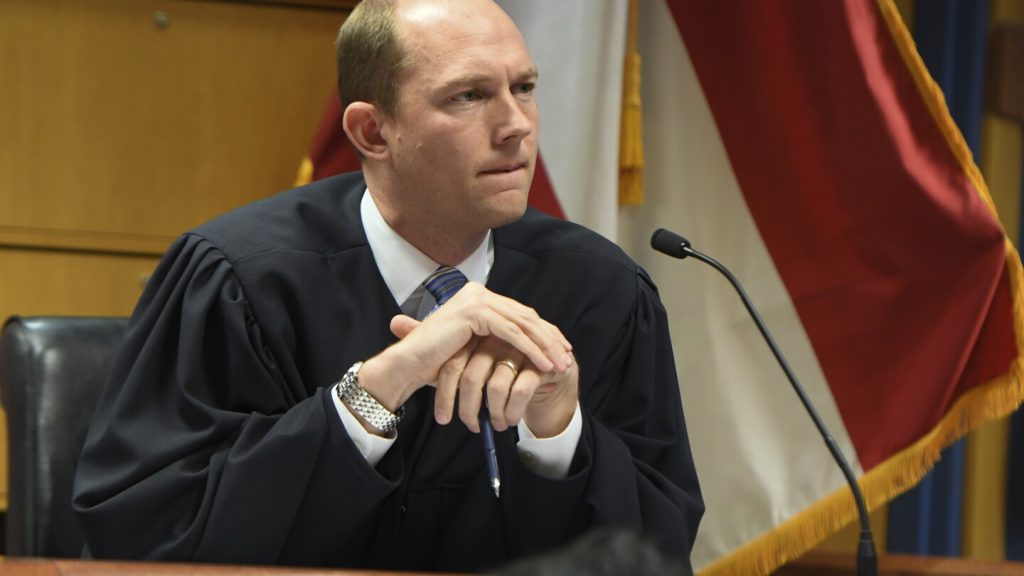The judge overseeing the Georgia election interference case against Donald Trump and 18 others rejected the former president’s arguments that the indictment seeks to criminalize protected political speech. The indictment accused Trump and others of participating in a scheme to overturn the 2020 election in Georgia. Trump’s attorneys argued that the charges against him involved political speech protected by the First Amendment, but the judge ruled that the charges did not suggest they were being prosecuted simply for false statements. The judge noted that even lawful acts involving protected speech can be used to support a charge under Georgia’s anti-racketeering law.
While the judge rejected Trump’s arguments, he did leave open the possibility for Trump and others to raise similar challenges at a later time. Trump’s lead attorney in Georgia stated that they respectfully disagree with the judge’s order and will evaluate their options regarding the First Amendment challenges. The spokesperson for Fulton County District Attorney Fani Willis declined to comment on the ruling. The judge’s order in this case echoes a previous ruling in the federal election interference case against Trump, where it was established that the First Amendment does not protect speech used as an instrument of a crime.
The judge also rejected arguments from Trump co-defendant David Shafer challenging certain charges and phrases in the indictment. Most of the charges against Shafer relate to his involvement in the casting of Electoral College votes for Trump by a group of Georgia Republicans. Shafer’s lawyers argued that certain phrases in the indictment were prejudicial legal conclusions that should be decided by the judge or jury at trial. However, the judge ruled that the challenged language accurately described the alleged offenses and differentiated between lawful and unlawful acts, making the charges more easily understood.
No trial date has been set for the Georgia case, one of four criminal cases pending against Trump. The District Attorney has requested the trial to begin in August. Four individuals have pleaded guilty after reaching deals with prosecutors, while Trump and the remaining defendants have pleaded not guilty. The case highlights the ongoing legal challenges Trump is facing as he seeks to return to the White House. Despite the judge’s ruling on the First Amendment challenges, Trump and his legal team have the option to raise similar arguments in the future as the case progresses.


